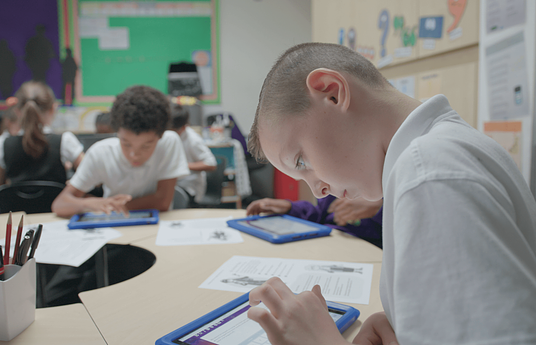The project was first commissioned by the “International teaching Artists Collaborative” (ITAC) in 2021 and piloted in Brazil. It was responding to the gap in education for sustainability and SDG integration, particularly in climate education that requires interdisciplinary approaches and the development of socioemotional skills.
Time traveling bookshelves appear in classrooms, filled with mysterious still-to-be-written books from the future. The students communicate with a scientist-alchemist from 2073 who invites them to join an (im)possible mission: to open a portal to a sustainable future and rewrite the future with sustainable actions: They engage in different missions: from the school surroundings to a nature trail to visit the “portal to the future”, becoming guardians of green spaces in their communities.
The program is divided into 18 weekly episodes aligned with the curriculum and adapted to local needs offering innovative approaches to advance climate education through storytelling and play-based learning. It is facilitated by teaching artists in collaboration with classroom teachers, and with the support from a digital Platform. We are also developing the augmented reality game "Arctic Lighthouse," a fully-digital version of School of the (Im)Possible, providing ongoing learning beyond the program.
Since its implementation, the project has made a great impact on the communities it has engaged. We have worked across the communities of Scotland and Brazil, having worked with over 1000 students, 70 teachers, 33 cohorts, and 13 schools
During the implementation of each round we run a impact evaluation following the Continuum Assessment of Impact. This results in assessment of both educational and social impact, measuring short, medium and long term change.It has demonstrated the potential to influence and transform teaching practices in schools both in Brazil and in Scotland, which hold a different sociocultural background and curriculum system.
It was presented at COP 27, won an ASHOKA award, and became case study in universities such as University of Helsinki.
The program has a structure which can be translated and adapted to each location. We support the local implementation and offer training and ongoing support.
We sell the program to schools and goverments, or offer it free of charge through funding. When we launch the AR Game Arctic Lighthouse, we will offer online subscriptions.
Contact us for more info: francine@platocultural.com


